Here are 5 reasons why it's time to switch from Android to an iPhone 14
Time to take a bite from the forbidden fruit?
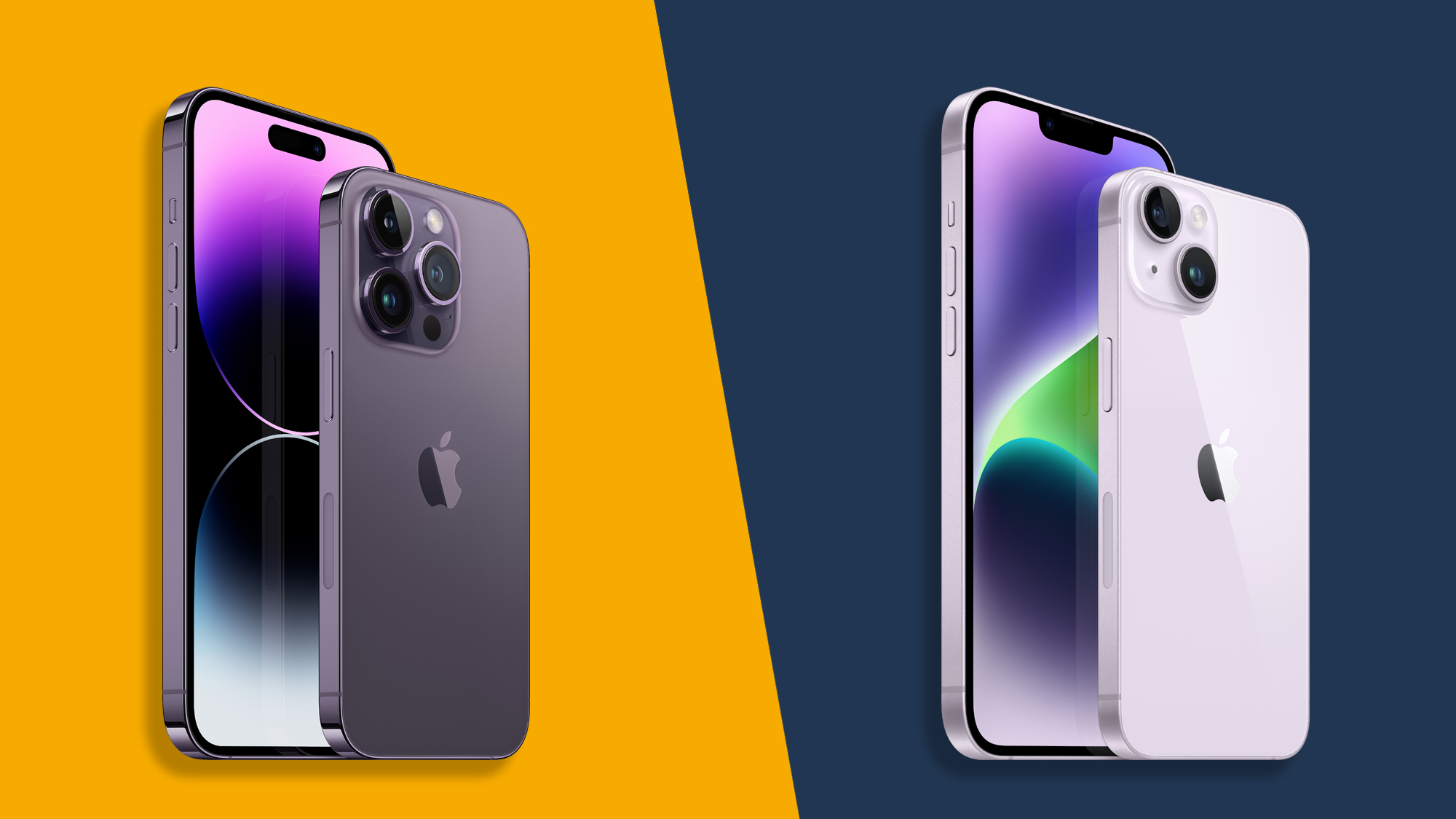
Sign up for breaking news, reviews, opinion, top tech deals, and more.
You are now subscribed
Your newsletter sign-up was successful
In the world of rivalries, everyone seems to pick a side: Beatles vs Stones, Xbox vs PlayStation, red sports team vs blue sports team – and the rivalry between Android users and iOS fans can be just as fevered.
Both OSes have their pros and cons – but with the announcement of the iPhone 14, iPhone 14 Pro, Apple Watch 8, and AirPods Pro 2, might now be a good time to (whisper it) consider switching from your Android device to iOS?
We don’t want to cause the internet to explode, but there are some good reasons to consider switching your allegiance.
iPhone 14
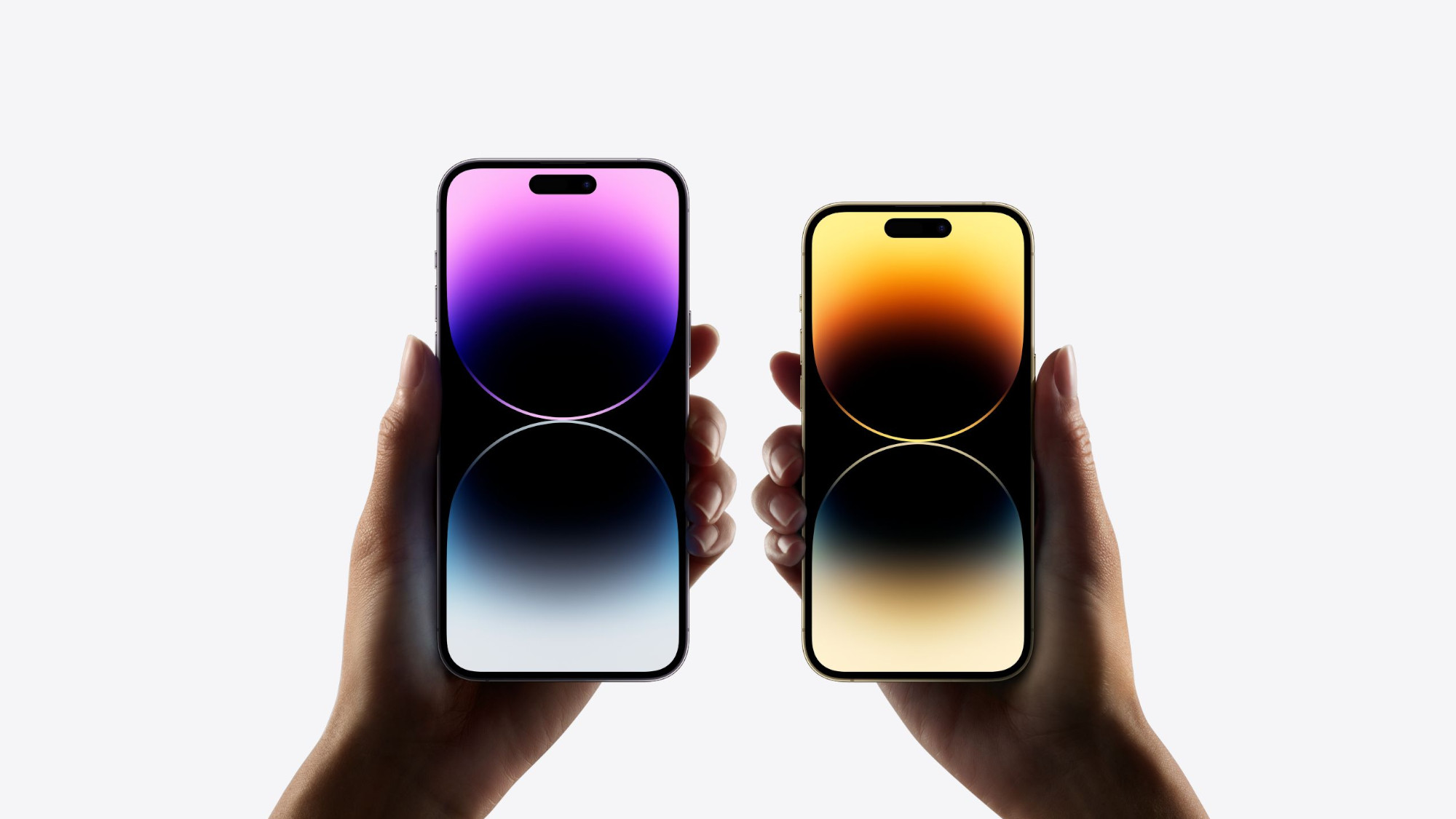
With the release of the iPhone 14, 14 Pro and the rest of the lineup, Apple has once again raised the bar in terms of what its handsets offer.
On the Pro and iPhone 14 Pro Max, Apple has finally done away with the notch. This has been replaced by the Dynamic Island, with the punch-hole camera aperture now changing size and shape depending on what notifications you receive. It’s a brilliant idea that no Android device currently offers.
There are also updated screens and improved cameras, and the Pro and Pro Max phones get the new A16 Bionic processor. There’s also satellite-enabled communications, which at the moment only the Huawei Mate 50 offers amongst Android devices (that’s without getting into the restricted services Huawei devices offer).
These are flagship devices that have been enhanced significantly, and certainly offer some compelling reasons for switching from Android.
Sign up for breaking news, reviews, opinion, top tech deals, and more.
Apple's ecosystem
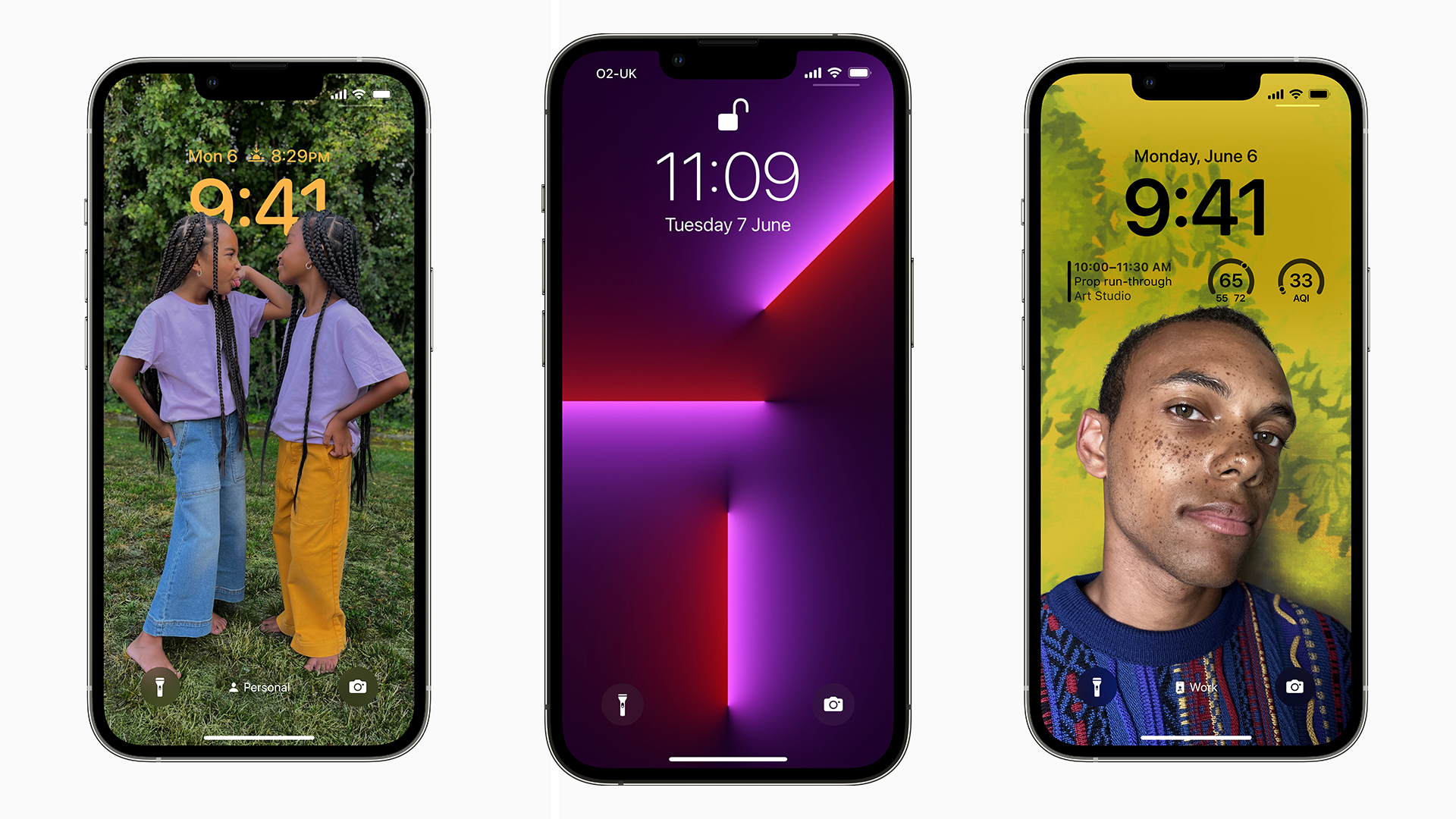
If you already own other Apple devices, such as a Mac or an iPad, it's much easier to intergrate an iPhone with those devices than trying to get an Android device to communicate with them.
With tools and services such as iMessage, AirDrop, FaceTime and iCloud, you can switch from one device to the other and have more or less instant access to whatever you were doing on the other device. It just works, in a way that Android's ecosystem really to match.
One of the reason’s why Apple’s system works so well is because Apple has designed everything to be that way. With the vast array of Android devices, it just isn’t as easy to make everything play nicely together. Which brings us neatly to point number two.
Apple Watch and AirPods
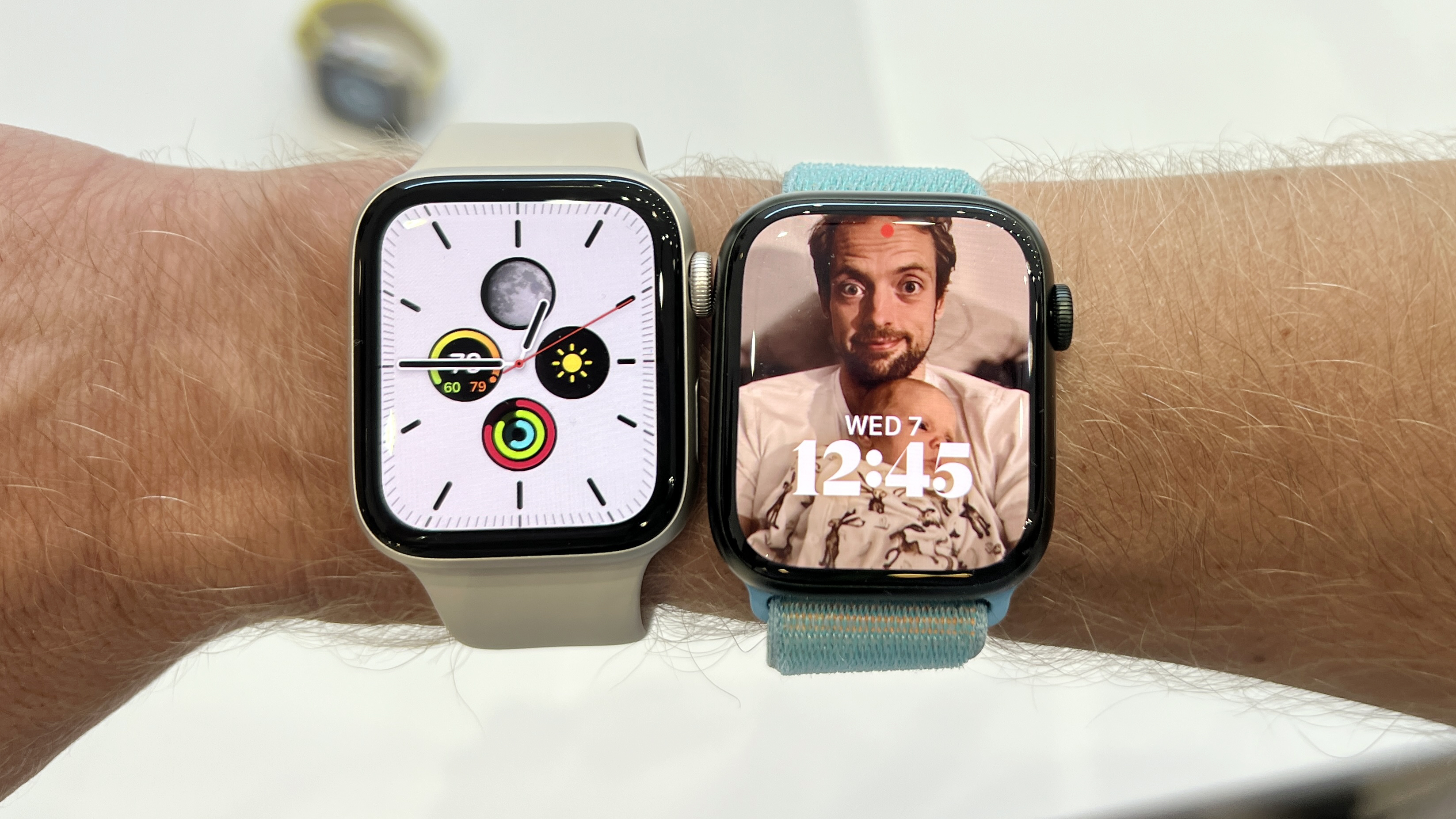
Two other major announcements at Apple’s latest event were the newest versions of the Apple Watch – the Apple Watch 8 and the Apple Watch Ultra – and the AirPods Pro 2.
The Apple Watch has made a big impact on the smartwatch market over the last few years, with an estimated 30% market share in 2021. It's widely regarded as one of the best, if not the best, smartwatches on the market – but the Apple Watch will only work with an iPhone, so if you want an Apple Watch, you’ll need an iPhone to go with it.
The Apple Watch Series 8 brings some new features to Apple Watch such as temperature sensing – which can be particularly beneficial for tracking women’s menstrual cycles – crash detection, and new fitness features.
The Apple Watch Ultra brings even more to the party: it's designed for extreme sports, including scuba diving, and it even includes an 86-decibel siren, if you’re alone on the trail and need to attract help.
Apple's AirPods are compatible with Android devices, but they don’t have the same seamless integration as they do with iPhone. With an iPhone, you simply open the case, and it will automatically pair your AirPods or Beats headphones to your phone. And once you've connected them to one device, they’ll automatically pair to other devices that share your Apple ID.
If you pair AirPods with an Android device, you also miss out on other nifty features such as ear detection, battery checking and Siri functionality.
Privacy and security
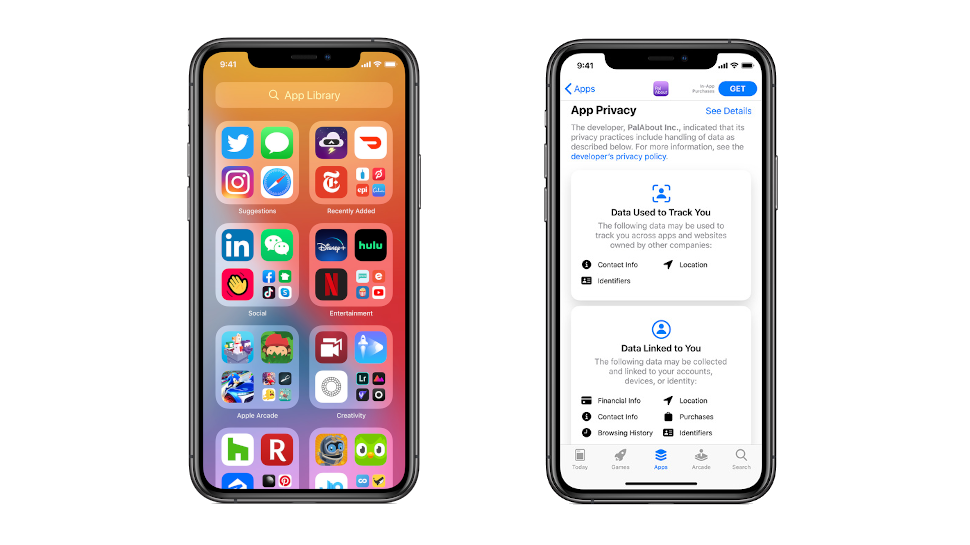
With both companies and fraudsters desperate to get their hands on our data, privacy and security are two major factors that are worth considering. And while Android does its best to keep you safe, iOS seems to do a better job in general.
According to Norton, a far higher percentage of mobile malware targets Android devices than iOS. Apple closely controls its ecosystem, restricting what apps can go on the App Store, and thus limiting the possibility of rogue agents. It also regularly provides software updates that can be installed relatively easily.
iOS devices also offer great privacy controls, such as intelligent tracking prevention on Safari, password monitoring, and a bespoke privacy report help to reduce the data that third parties have access to.
Software Support and Bloatware
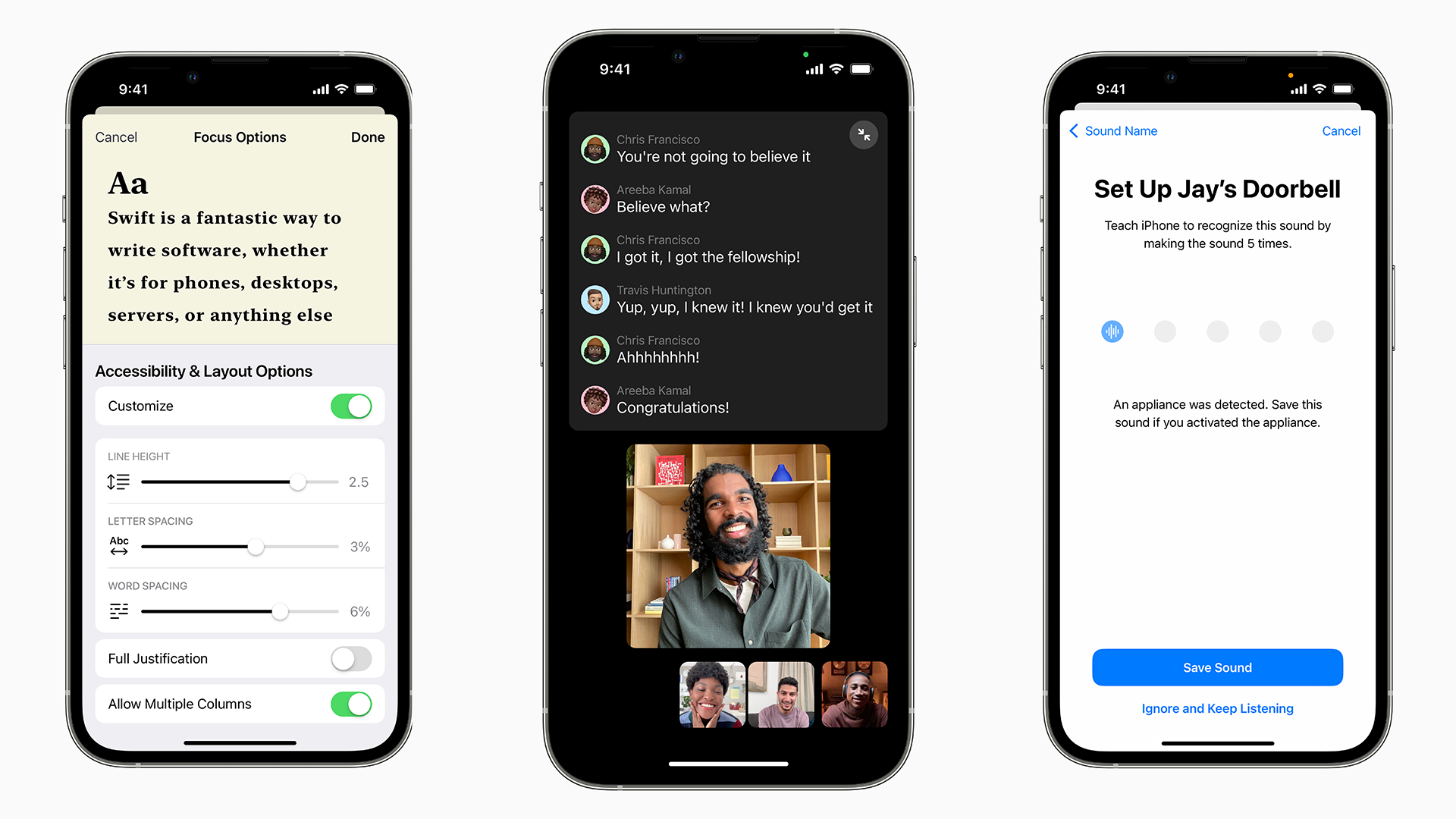
A consideration that many of us overlook when choosing our device is how long it'll receive software support for, but given that we're keeping our phones for longer, this is becoming increasingly relevant – and here, Apple is a long way ahead of its Android rivals in terms of software features and the iPhone 14 lineup.
We already know that iPhones as old as the iPhone 8 will be compatible with iOS 16. That means Apple is providing a solid five years of software support to its devices.
The Pixel 6, by comparison, will get three years of Android updates, plus a further two years of security updates – and that’s for a phone made by the people who also make the OS. Samsung, by contrast, offers four years of Android updates and five years of security updates to its latest phones, but that's still not as good as what Apple is offering – and some other manufacturers are even less competitive.
As we’ve already highlighted, Apple controls its ecosystem very tightly, and this means the user experience is nearly identical whichever model of iPhone you happen to have. The same can't be said for Android devices.
The various manufacturers who use Android on their devices often overlay stock Android with their own interfaces, apps and other bloatware, which not only risks impeding performance on the device, but means that a user switching from one Android phone to another may have to master a new interface and some new apps.
Steven Shaw is a full-time freelancer, but before his change of career at the start of 2021, he was in the retail industry, leading teams to achieve goals in selling technology products, such as smart phones, tablets and more.
Graduating from the University of Cambridge with a Masters in Medieval History, he's always had a passion for the topic, alongside technology, and many Simpsons quotes.
You'll find him on TechRadar mainly helping out the Software & Downloads section, offering his knowledge of macOS, Windows and more, from the systems that he's sold and showcased for many years in his previous life.
- Daryl BaxterContributor